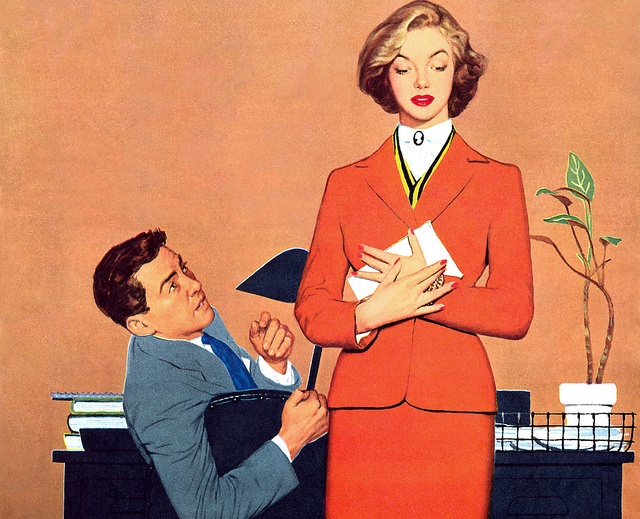Recent revelations about the sexual misconduct of some very famous men have shone a harsh light on a pervasive problem plaguing our country. The #MeToo movement will be remembered for showing how ubiquitous the mistreatment of vulnerable people by those in power is. And remind us that “no means no” is not enough.
Call it rape culture, toxic masculinity or even the inevitable bi-product of a patriarchal society—but it’s become clear that powerful people abusing their positions can no longer be tolerated.
It is also important to note that sexual harassment is not only deeply painful—it is very expensive.
Fox News has famously paid over $90 million to settle a slew of lawsuits, and Harvey Weinstein reached at least 8 settlements, with a class action suit in the works. And Congresswoman Jackie Speier just revealed that US taxpayers have paid $15 million to settle sexual harassment allegations in the House of Representatives. Cha-ching!
Big companies and organizations might write that off as the cost of doing business, turning a blind eye to alleged abuse because of the perceived “talent” or ”charisma” of the accused.
But know you who else is talented? The victims of this sexist system. For far too long a small group of socially-elevated men have been the gatekeepers to power, stifling the contributions of women.
Because to actually change the culture, the fight against sexual harassment has to go beyond punishing men to actually helping women.
How do we fix this?
We can start by putting more women in positions of power. Gender inequality in the workplace creates a power imbalance that can feed a culture of harassment. Just like with racial diversity, women bring different voices and ideas to the group. When all employees are valued participants, it is much tougher to think of colleagues as objects, or ignore their contributions.
Only 19% of Congress is female, and in Hollywood only about 7% of films are directed by women.
Building greater gender parity in the workplace will help chip away the underlying causes that make it easier for serial abusers to operate with impunity.
And creating a safer work environment will empower women to speak up and bring all their skills and creativity to the organization. And that would be win-win for everyone.
Our ugly sexual harassment problem is a crisis—but also an opportunity. Let’s turn the pain and anger into action.
